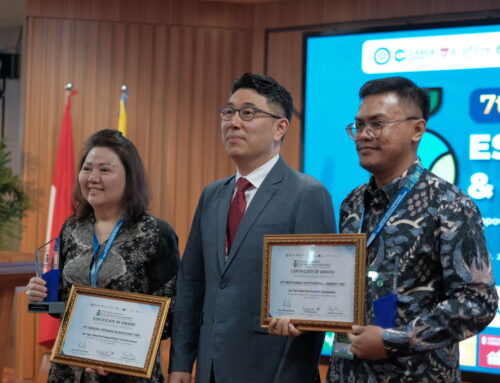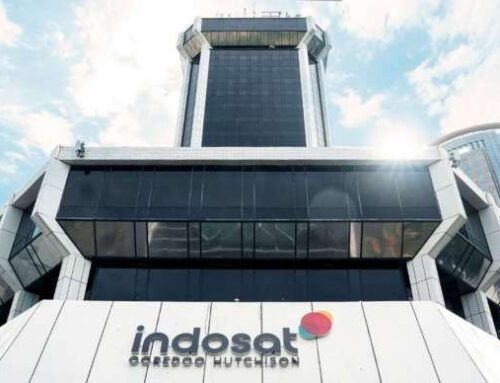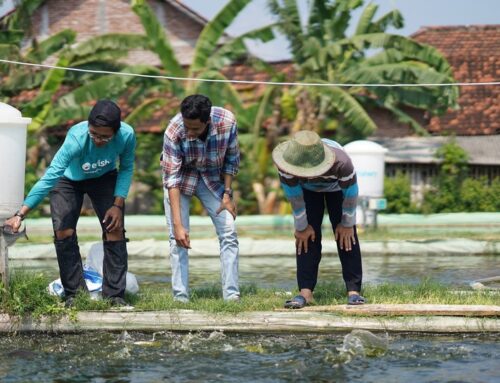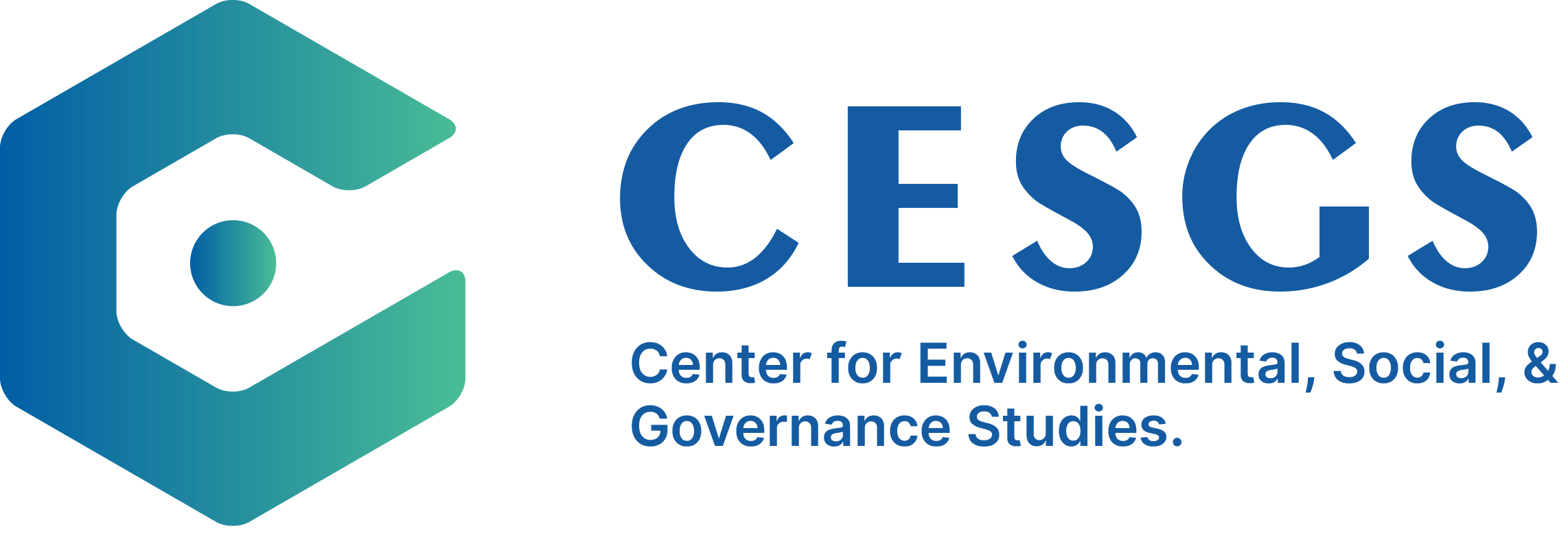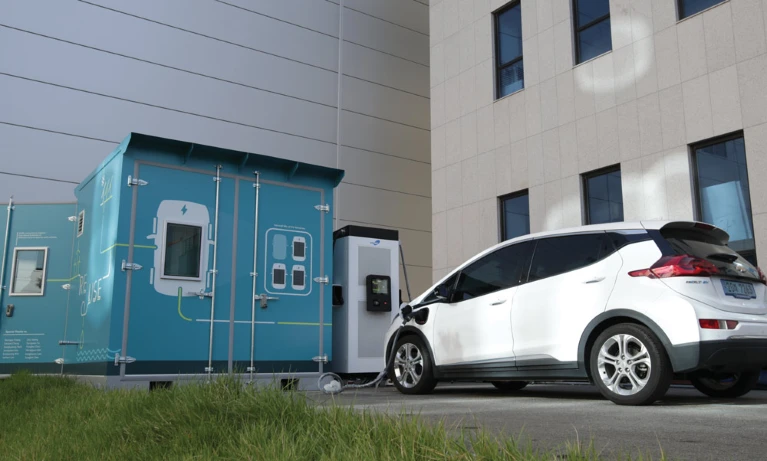
LG Energy Solution’s ESG transformative vision
As companies become more compelled to address and disclose their social and environmental impacts, it is increasingly important to incorporate environmental, social and governance (ESG) considerations in their strategic decision-making and day-to-day operations.
Increasingly, investors are choosing to invest in ethical and transparent companies, and workers are seeking to join companies that have values which are more closely aligned with their own. A lack of consideration for ESG issues can negatively impact a company’s reputation and bottom line, as well as its ability to attract and retain quality employees.
Based in Seoul, South Korea, LG Energy Solution (LGES) aims to become a market leader in ESG by integrating sustainability into its products and across its entire value chain.
The company has been researching and developing battery technologies for more than 30 years. In 1999, it mass-produced South Korea’s first rechargeable lithium-ion battery and, in 2009, was the first company in the world to use the battery technology to power electric vehicles.
LGES is now the world’s largest manufacturer of the lithium-ion battery technologies and has the highest production capacity globally.
A sustainable way
To realize its ESG ambitions, in 2021, the company encapsulated its vision as ‘We CHARGE toward a better future’, which sets out its strategy for managing ESG.
The ‘CHARGE’ relates to critical areas under its ESG strategic framework — Climate action and circular economy; Human rights and human capital management; Advanced occupational environment, health, and safety and product stewardship; Responsible and impactful business; Governance and compliance; and transparent ESG disclosure based on a rigorous framework to measure ESG performance and stakeholder engagement.
To oversee the development and implementation of its ESG strategy, in June 2021 LGES established an ESG committee to make decisions for the company. “Although the primary purpose of a business is to generate profits, it is no longer feasible to determine a company’s sustainability based on financial performance alone,” says Young Soo Kwon, the CEO of LGES.
“LGES is committed to not only providing products and services of the greatest quality but also creating sustainable values — leading sustainable growth of the global battery industry through our valued stakeholders’ trust and respect,” he explains.
Management of LGES’ ESG strategy is carried out by a permanent department under the executive leadership of the chief risk management officer, comprising representatives from the company’s ESG Strategy Team and ESG Impact Team.
Key elements of LGES’ ESG strategy include “ramping up its use of renewable energy, increasing its reuse and recycling of end-of-life batteries, eliminating human rights risks, and establishing a clean and transparent supply chain for raw materials and batteries that factor in the environment and human rights. It also includes several initiatives and specific goals,” says Jay Hyuk Rhee, professor in the School of Business Administration at Korea University, and chair of LG’s ESG advisory committee.
To address a wide range of environmental issues, for example, the company plans to transition all of its business sites to 100% renewable energy by 2030; achieve carbon-neutrality for its direct and indirect emissions by 2040 (and across its entire value chain by 2050); and to be carbon negative from 2050 onwards.
LGES also intends to support a circular economy by establishing a closed-loop at all its sites by 2025, including recycling scraps from manufacturing processes and developing business models to reuse, repurpose, refurbish, and recycle end-of-life batteries.
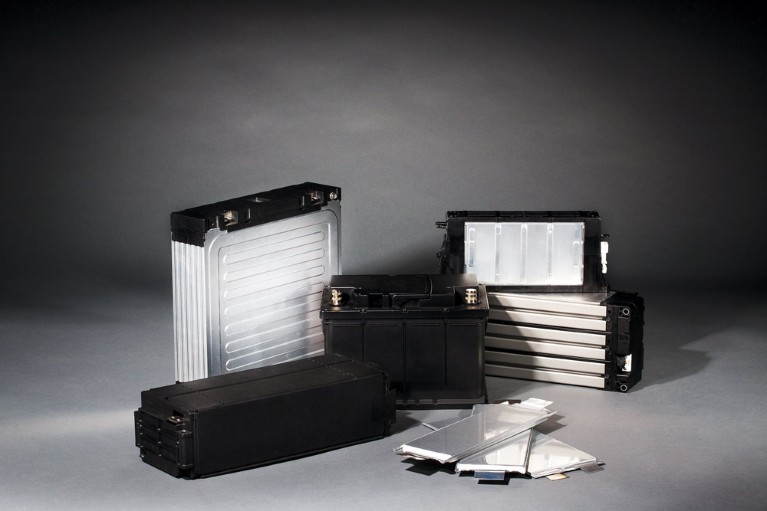
LGES’ Advanced Automotive Battery.
“By sourcing raw materials in an environmentally, socially responsible, and transparent way, LGES is seeking to develop a sustainable battery value chain,” explains Yong Sik Ok, professor and programme director, Associations of Pacific Rim Universities (APRU) Sustainable Waste Management Program at Korea University, and co-president of the International ESG Association.
Ok says, “by taking steps towards carbon-neutrality for its battery manufacturing processes, the company is moving towards the establishment of a circular battery ecosystem.”
Supporting ESG initiatives
LGES has created a designated entity to take responsibility for advancing end-of-life batteries recycling and reuse across its operations to meet international standards and best practices in end-of-life batteries management.
The company has also committed to promoting the diversity of its workforce at all levels across its business by ensuring an equitable and inclusive work culture, and is developing a roadmap to promote diversity, equity, and inclusion, including an LGES diversity index and mid- to long-term targets.
LGES has already put in place a standardized process to conduct an ESG risk assessment and third-party audit of its business sites and suppliers to help facilitate the roadmap.
And as part of its ESG vision, it became the first battery maker in the world to join the RE100. The initiative counts almost 300 of the world’s largest firms amongst its members, including Google, Apple, and General Motors, which have committed to using 100% renewable energy by 2050. LGES is committed to achieving RE100 by 2030, 20 years ahead of the global campaign’s goal.
That same year it became the the first battery producer to join the EV100 — a global initiative that brings together companies committed to accelerating the global transition to electric vehicles.
Currently, the company is focusing on advancing its ESG management by addressing evolving ESG-related regulations and policies. From 2023 onwards, it plans to roll out processes and procedures to identify, mitigate, and prevent any potential ESG risks, and to strengthen its engagement with and support to suppliers and service providers along its value chain.

